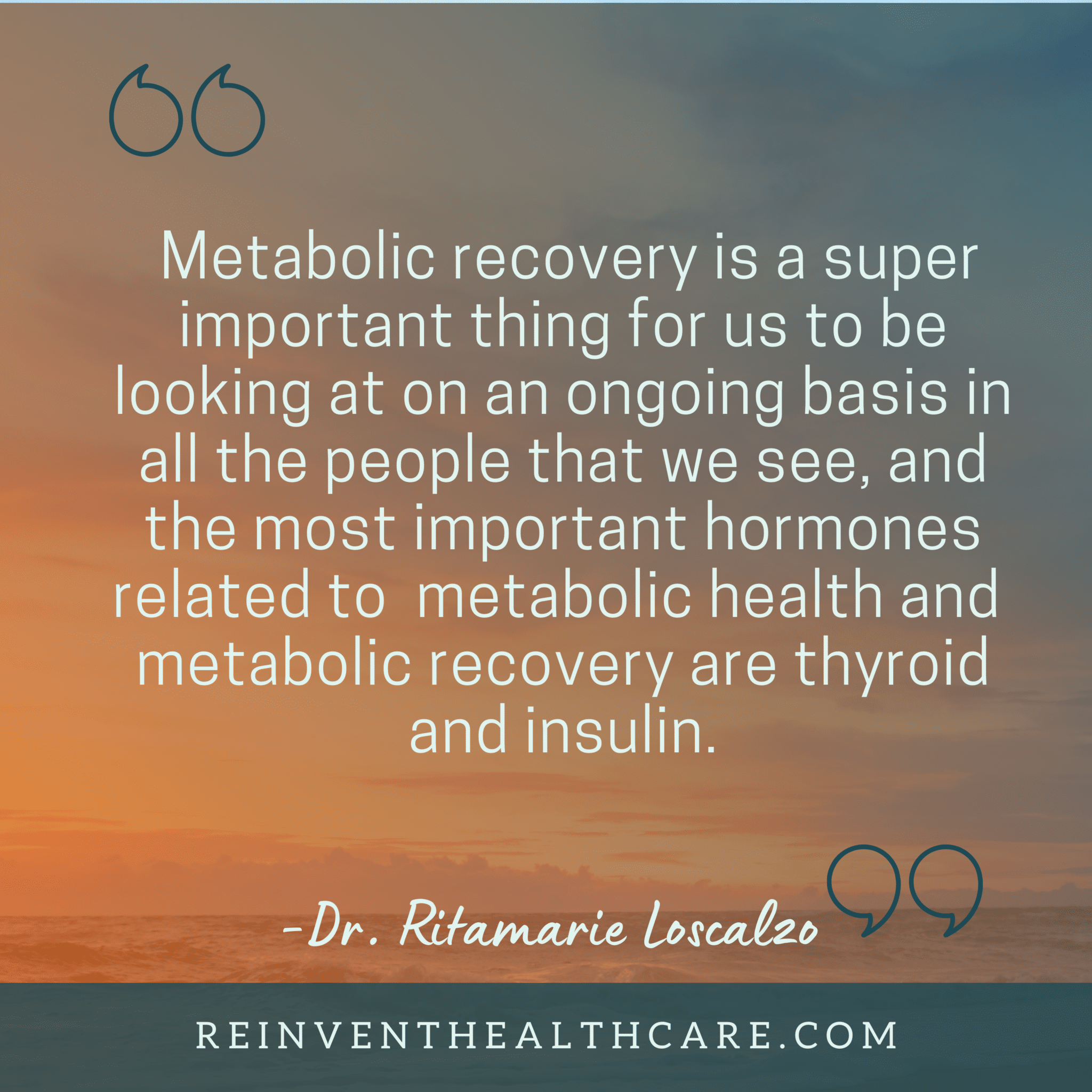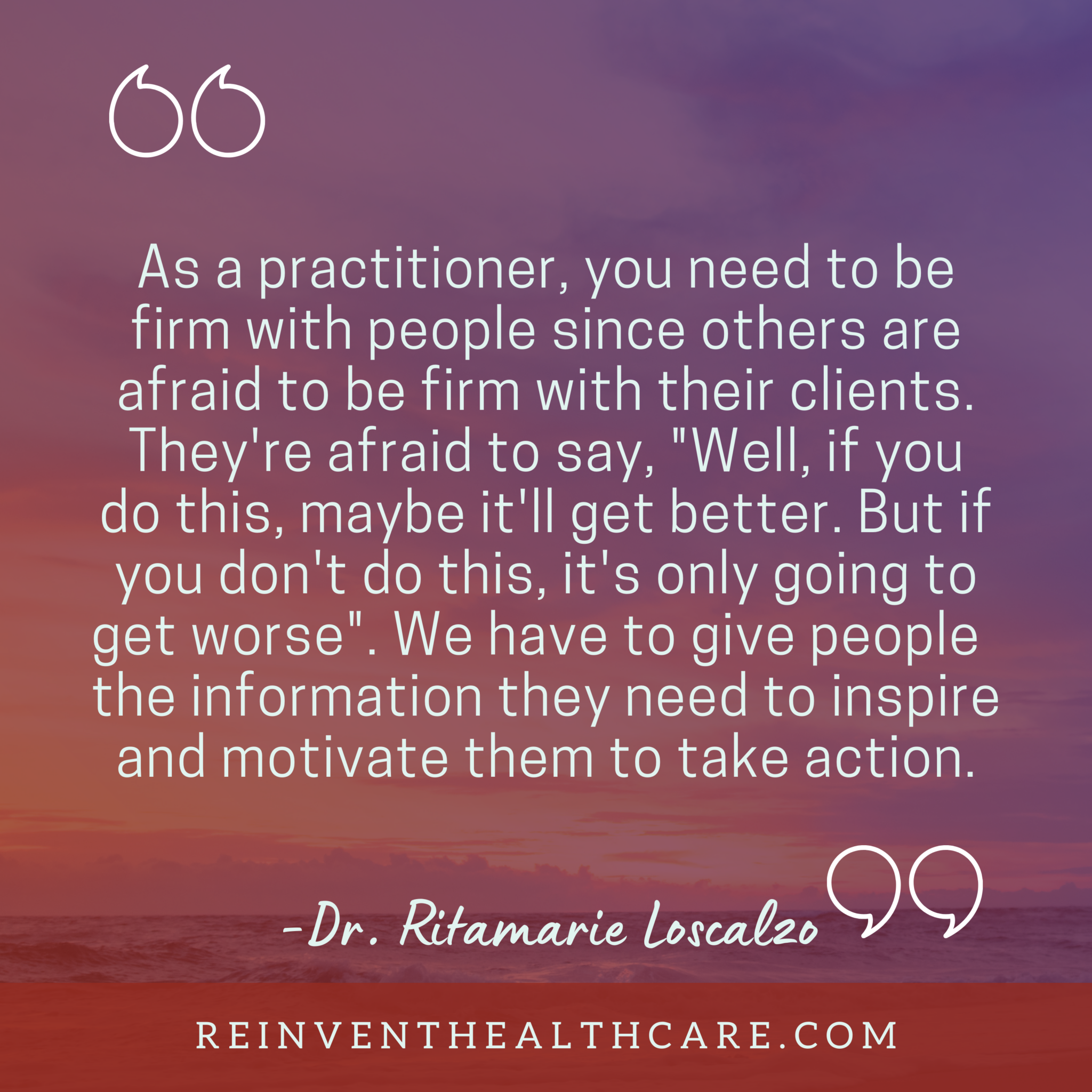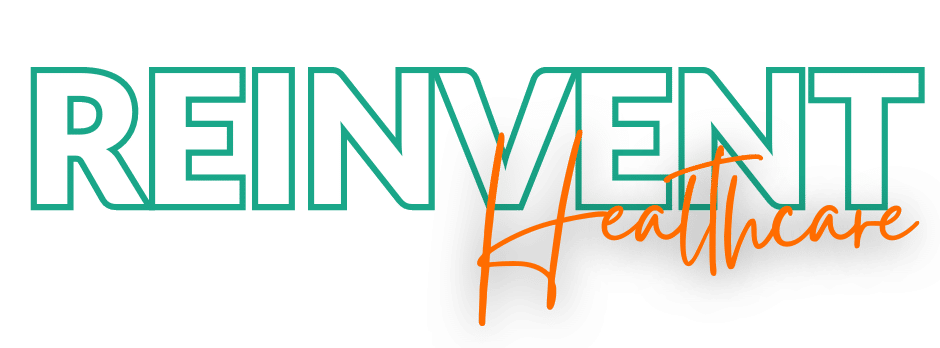Frequently Asked Thyroid Questions
IN THIS EPISODE:
Food for Thyroid
Don’t be scared of brassicas like kale, broccoli, cauliflower, and cabbage in the diet, since they do wonders for the body. These have only been a concern when nutrients were isolated. With soy, there is a misconception that it is bad for you. It’s only a problem for people with thyroid function if they're low in iodine, because the goitrogens in the soy can interfere with the uptake of the iodine which is needed for making thyroid. Foods to stay away from are gluten, dairy, and sugar.
Can people get off Thyroid Medication?
It is not possible to get off medication if people have had their thyroids removed. There is also a chance that they are on the wrong medication and that is causing further harm. For those who still have their thyroid, it is very possible to get off medication through balancing blood sugar, practicing mindfulness, and getting proper sleep and movement.We as practitioners have to be able to tell our clients to get the proper tests done, make the right lifestyle choices, and improve their diet so that people do not fall through the cracks.
Hormones that Interact with the Thyroid
Insulin – Studies show that TSH levels can correlate with insulin. Thyroid dysfunction can also impact insulin and can lead to diabetes.
Cortisol – Adrenals affect high and low levels of cortisol and the conversion of T4 to T3. It can also affect receptors and inflammation in the system.
Sex Hormones – Birth control or hormone replacement therapy at menopause will cause an increase in thyroid binding globulin, which effectively causes too much bound thyroid hormones and not enough free. People on testosterone therapy make less thyroid binding globulin, which causes more free thyroid hormones which can lead to symptoms of hyperthyroidism.
RESOURCES:
-
- Get our Free Thyroid Resource Guide to support you in managing clients with Thyroid issues here.
- Get our FREE Guide to Taking a Detailed Health History that gets you to root causes with ease.
- Access Additional Resources for Practitioners ready to improve clinical outcomes through our Nutritional Endocrinology Practitioner Training.
- Improve Your Clinical Skills with our recorded 1-day Thyroid Adrenal Workshop here.
- Learn from our Client Thyroid Program packed with Strategies for Restoring Optimal Thyroid Function here.








